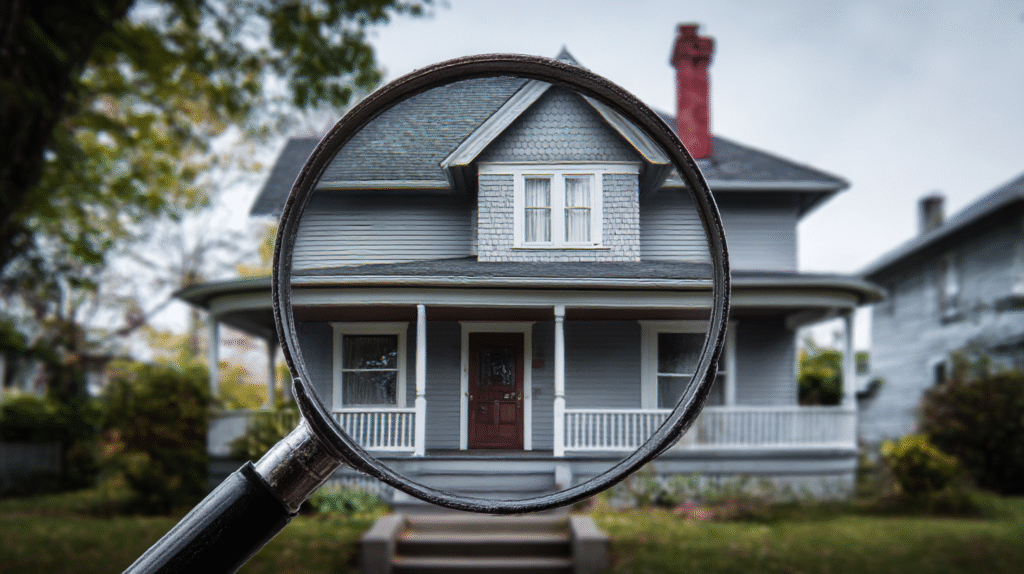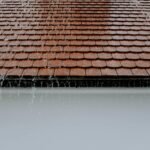Few actions are as important as the home inspection, whether you are purchasing or selling a house. Like a physical check-up for your house, a thorough home inspection finds both obvious and hidden problems that might compromise long-term upkeep, value, and safety. Knowing what inspectors search for can help you budget for required repairs and prevent future problems whether your goal is to make a wise purchase or get ready for sale. These five main areas—each of which provides information about the general state of your property—are the focus of home inspections.
The Structural Integrity
Among the most important aspects of a house inspection is determining the structural soundness of the property. This is seeing how, over time and under stress, the home’s framework holds up. Examining walls, ceilings, beams, and support systems, inspectors look for indications of drooping, bending, or cracking that might hint at more major underlying problems. While little cracks might just be the result of natural settling, more significant fractures could point to movement requiring quick action. A compromised building impacts insurance premiums and resale value in addition to safety. Finding out the condition of your house’s skeletal system can help you to preserve your investment.
Foundation and Drainage Concerns
The foundation is essentially what your house is constructed on. Special attention is paid to indications of foundation problems, including uneven flooring, obvious fractures in foundation walls, or doors that do not shut correctly during a house inspection. These complaints could indicate underlying movement or damage. Ignored, foundation issues can become major safety concerns. Inspectors can also look for inadequate drainage around the foundation, which would let water pool and gradually damage the construction. When damage is uncovered, experts usually advise foundation repair, a necessary service to keep the stability of your house. Early identification of such issues by a comprehensive examination helps to avoid more major and costly repairs down the road.
Electrical Systems and Safety
One other important checkpoint during an examination is the condition of the electrical system of the house. Inspectors check outlets, panels, wiring, and grounding to guarantee everything is operating as it should and meets current code standards. Older wiring, including aluminum or knob-and-tube, can need maintenance and create fire dangers. Furthermore, causing shorts or even electrical fires can be overloaded panels or incorrectly placed circuits. Knowing the condition of their electrical system helps homeowners to know how effectively their house can manage modern energy use. Long-term property value, as much as everyday convenience, depends on a safe and modern electrical system.
Roof and Attic Evaluation
Your house’s roof provides an initial line of defense against the elements. Hence, its state is the first concern in any house inspection. Inspectors examine for wear, missing shingles, or water damage by evaluating the age, material, and state of the roofing. Examined also is the attic for appropriate insulation, ventilation, and evidence of moisture penetration or insect invasion. If not quickly fixed, roof or attic problems could cause mold development, energy loss, and structural damage. Regular inspections guarantee the house stays weather-tight and help homeowners be ready for repairs or replacement as needed.
Plumbing and Water Systems
One of the most often occurring and expensive problems homeowners deal with is water damage. Hence, inspectors devote great attention to plumbing systems. To guarantee everything is running as it should and no leaks exist, they examine pipes, water heaters, sinks, and drainage. Ignored concealed leaks or faulty plumbing might lead to mold, decay, or perhaps structural damage. Inspectors could also examine the water pressure and assess the kind of pipes used, as some older materials are more likely to break or corrode. Early discovery of these problems by inspection allows homeowners to address concerns before they become more serious.
Conclusion
An inspection is more than just a formality in the real estate process; it’s a deeper look into the health of your house. Every component of the home relates a story from the ground up to the roof. Whether you are purchasing, selling, or just maintaining your house, inspections expose important information that will guide your decisions. Knowing what inspectors search for and how to react to their results can help you safeguard your investment and make sure your house stays pleasant, efficient, and secure for many years to come.






